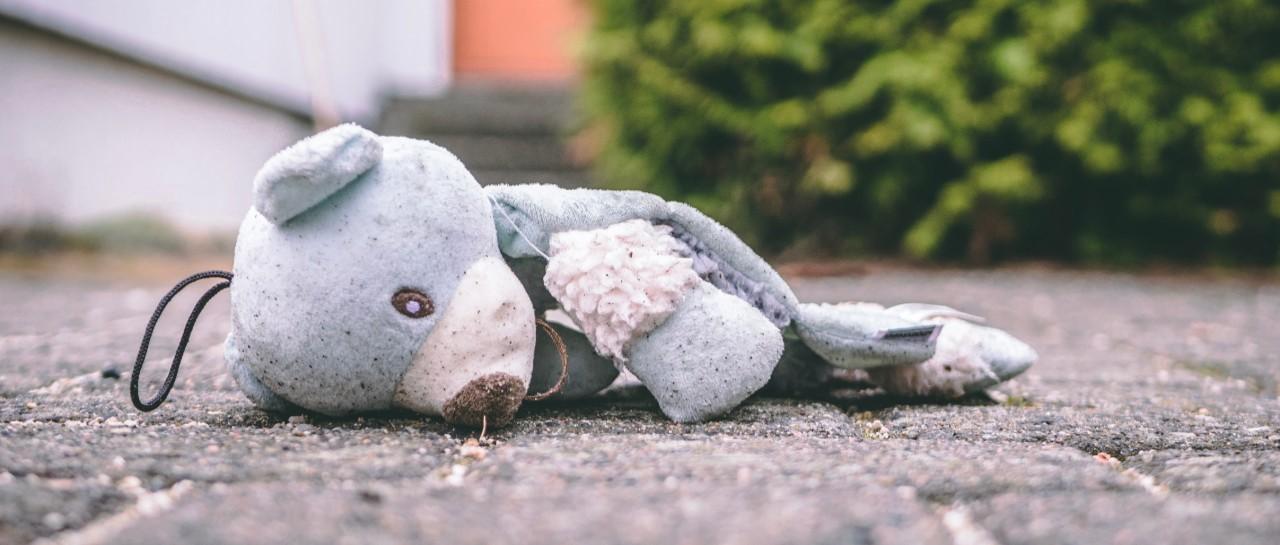
How to cope with the physical symptoms of grief
Peer reviewed by Dr Colin Tidy, MRCGPAuthored by Dr Sarah Jarvis MBE, FRCGPOriginally published 30 Jul 2019
- DescargarDescargar
- Compartir
Grief isn't just about facing the hardest of emotions, it can also manifest in physical symptoms. People going through a bereavement don't necessarily expect this. So how do you know what's normal?
En este artículo:
As a doctor, I've seen all too often the overwhelming impact of grief. We talk about the phases of grief - denial, anger, bargaining, depression and finally acceptance. I have been a listening ear, a shoulder to cry on, a counsellor - sometimes I feel helpless, but so many patients tell me that just being there is enough. We all expect, and understand, the emotional effects of losing a loved one. But what happens when grief turns physical?
Seguir leyendo
¿Qué es el síndrome del corazón roto?
There really is a medical condition called broken heart syndrome. It's a form of cardiomyopathy - damage to the heart muscle which causes the muscle to weaken and balloon out. Its medical name is takotsubo cardiomyopathy, after a traditional Japanese fishing basket called a takotsubo. That's because the condition makes the heart swell to the same shape as the fishing basket. Doctors aren't quite sure why it happens, but it usually comes on after severe trauma or emotional stress, such as bereavement.
Broken heart syndrome affects women more often than men, and is more common in those aged over 50. The first symptom is often severe chest pain, so many people think they are having a heart attack. As the heart muscle weakens, it stops being able to pump blood around the body efficiently. This in turn leads to a build-up of fluid in the lungs, with shortness of breath especially on lying flat, and swelling of the ankles - otherwise known as heart failure. Palpitations - either abnormally fast or slow beats - are also common.
The tests for broken heart syndrome include heart tracings and blood tests to exclude heart attack, along with X-rays and heart scans which often show up the abnormal heart shape. Treatment is aimed at controlling symptoms. For instance, heart rate-controlling tablets to stabilise heart rhythm and blood pressure (which can drop); water tablets to reduce fluid build-up; and blood-thinning agents if blood clots or an abnormal heart rhythm called atrial fibrillation (AF) occur.
Fortunately, the vast majority of people recover completely within weeks. However, once you've had broken heart syndrome once, you're at higher risk of getting symptoms again if you go through another major stress.
Selección de pacientes para Depresión

Salud mental
How to combat winter depression and increase your serotonin
Winter depression - also known as seasonal affective disorder (SAD) - affects around 2 million people in the UK. The lack of sunlight in winter causes a decrease in serotonin levels, the hormone that makes us feel happy. People with SAD can combat their depressive symptoms by following techniques that increase your serotonin.
por Victoria Raw

Salud mental
Tratar la depresión
La depresión suele mejorar sin tratamiento, pero puede tardar varios meses. Durante este tiempo, los síntomas pueden volverse intrusivos y afectar a la forma en que vive su vida.
por la Dra. Hayley Willacy, FRCGP
Other physical signs
Broken heart syndrome only affects about 2,500 people a year in the UK. By contrast, hundreds of thousands of people feel the more indirect physical effects of grief. We've all known or heard of couples who pass away within weeks or months of each other. Can grief really kill you or is there a medical explanation?
There's no doubt that our state of mind can have a huge impact on our physical health. Adrenaline, the 'fight or flight' hormone which floods our bodies when we're scared, causes rapid breathing and heart rate, sweaty palms, dry mouth and more. The depression which so often follows bereavement can have a profound effect on your appetite and sleep. And lack of sleep and vital nutrients in turn can affect your immune system, making you more prone to infection.
But more often still I've seen patients go downhill because they no longer have a loved one who reminds them to take their tablets or gives them a reason to take care of their physical health. Even if it's the carer who is left behind, they may feel they've lost their reason to keep going or even get out of bed.
And that's where families and friends can make all the difference. Look after practical aspects like shopping or cleaning; make some extra portions of easy-to-prepare food like nutritious soup, and stock their fridge. Perhaps you could stay in touch with other family and friends, so you can ensure they have visitors but aren't overwhelmed by too many people.
Everyone reacts differently to bereavement. Some people hate the thought of being alone, while others can't stand the idea of being a burden. Let your loved one know you're there for them whenever they need you. And don't worry if you can't think of what to say - just be with them and let them talk when they want to. Knowing they're loved can make all the difference in the world.
Thanks to My Weekly where this was originally published.
Historia del artículo
La información de esta página ha sido revisada por médicos cualificados.
30 Jul 2019 | Originally published
Autores:
Dra. Sarah Jarvis MBE, FRCGPRevisado por expertos
Dr. Colin Tidy, MRCGP

Pregunte, comparta, conecte.
Explore debates, formule preguntas y comparta experiencias sobre cientos de temas de salud.

¿Se encuentra mal?
Evalúe sus síntomas en línea de forma gratuita